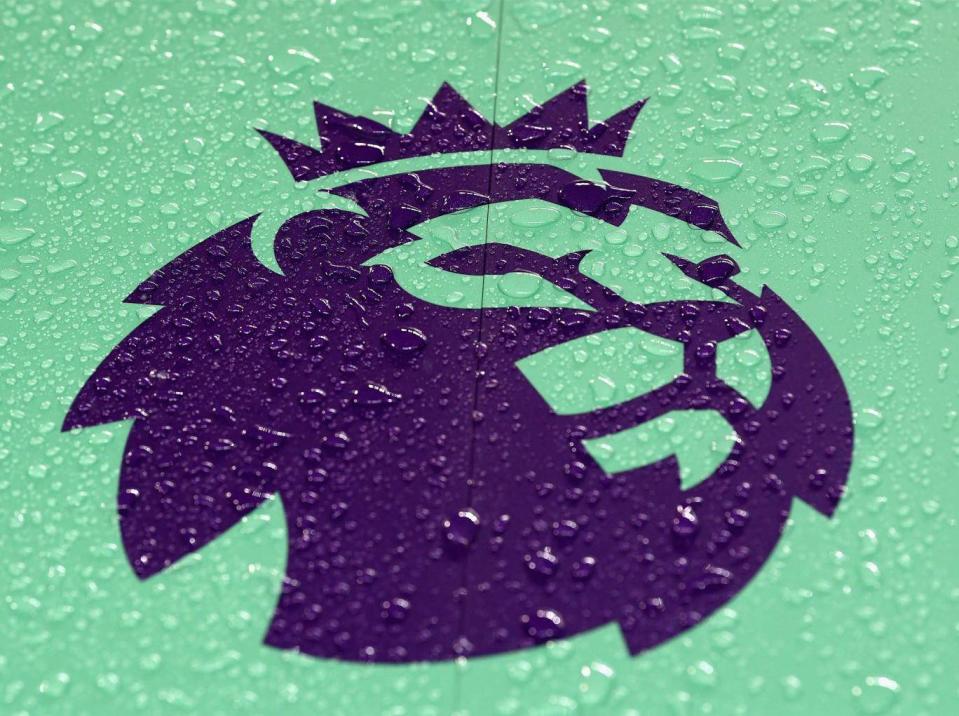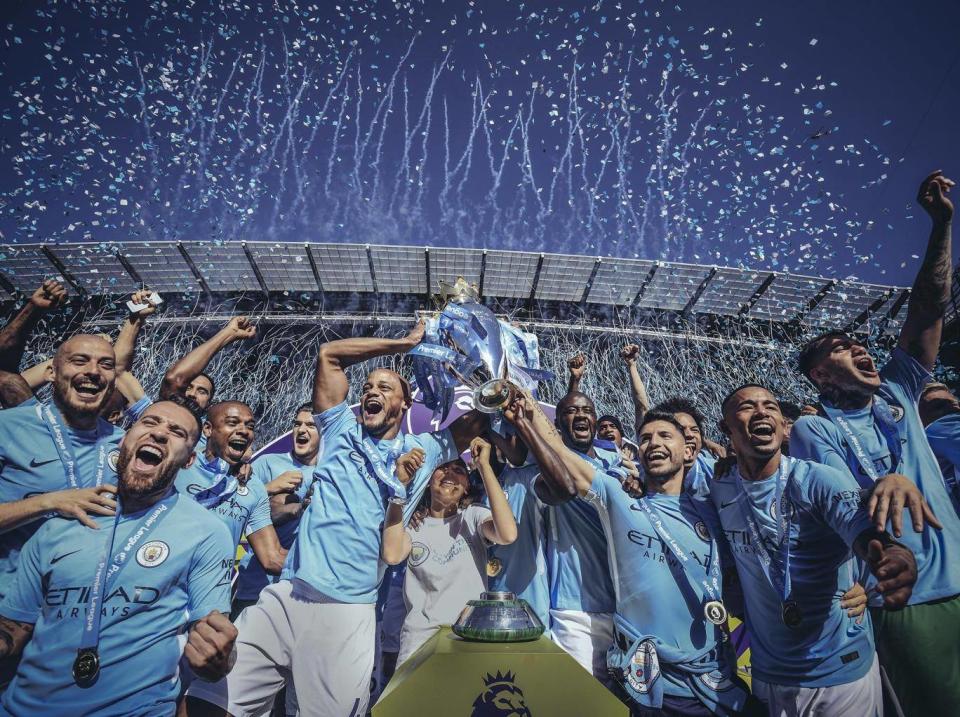Susanna Dinnage’s Premier League priority is to reconnect with fans – and broadcast rights hold the key

Despite the lack of Premier League action on the pitch this week, a changing of the guard off the pitch will define English football’s crown jewel for decades to come.
The appointment of Susanna Dinnage as the chief executive of England's top tier gives a clear indication of what subject will be top of a hefty to-do list come early next year: broadcast rights, and how people want to watch one of the world's biggest and most successful sporting leagues.
Dinnage, who will replace Richard Scudamore after 19 years in the role, was the global president of Discovery’s Animal Planet channel, and is a media expert in a time when the way the public consume content – whether it be sports, TV shows or films – is fast evolving.
Since its inception in 1992, the Premier League has had an inseparable relationship with Sky. Despite challenges in the past from Setanta, ESPN and now BT, Sky still holds four of the seven packages for the 2019-2022 period, which comprising 128 live matches.
Sky Sports’ commitment to its coverage of top-flight English football was illustrated last year by the creation of a specific Premier League channel. In the same period, it lost rights to Champions League football, ATP tennis and even last year’s Ashes in Australia. There remains one show in town when it comes to driving subscriptions in England, and it's the top flight.
Yet speculation on whether the Premier League will get into bed with deep-pocketed tech giants such as Amazon and Facebook has swirled for some time, with the latter even broadly confirming their interest to The Independent not so long ago.
For Amazon, its ideology is perspicuous. On its Prime Video service it has already invested heavily in sport: it has captured exclusive rights to ATP Tennis and the US Open in the UK, 11 Thursday night NFL games in the US and its All or Nothing sports documentary series has gained traction this side of the Atlantic after Manchester City’s behind-the-scenes programme was released in August. Steven Gerrard’s biopic movie Make Us Dream is also to be released on Prime Video this Friday.
Now Amazon has become the first tech giant to commit to Premier League coverage. The winning of ‘Package F’ in the 2019-2022 rights means from next season Prime Video will stream all 10 matches on Boxing Day, as well as all 10 of the first round of midweek fixtures in December. A deliberate ploy from the online shopping retailer, given the time of year, but also a relatively minor financial investment from a company that became the first-ever $1 trillion enterprise.

For other streaming sites such as Netflix, who have steered clear of live sports, and social media platforms Facebook and Twitter, who have dabbled, their philosophy is a little more hazy. But Dinnage’s relationship with ex-Eurosport chief and now Facebook’s head of sport Peter Hutton could be a turning point. ‘Could’ being the operative word.
Amazon’s move represents a first foray into a market which is becoming increasingly digitalised to the benefit of the millennial. People may not realise, but subtly this transition has been occurring for a while.
For instance, while Saturday’s 3pm blackout rule is still in place in order to encourage supporters to attend games, short highlights are now available on the Sky Sports App by 5.15pm – a good five hours before BBC’s Match of the Day highlights show. Goals from live matches are also available almost instantaneously online.
The traditional terrestrial broadcaster is nigh-on irrelevant now except for highlight shows. Despite this summer’s airing of the World Cup seeing an upsurge in viewing figures (in-part due to England’s semi-final run), the BBC and ITV simply don’t have the budget to compete with the likes of Amazon, Netflix and Facebook when it comes to live Premier League rights and haven't for some time.
And yet the free-to-air service is of paramount importance in terms of reaching more eyeballs. And keeping the most amount of people engaged within this tussle for rights comes a deeper, underlying issue: the fractured relationship between those governing football, and those watching it.
Nothing epitomised this more than the outgoing Scudamore’s £5m leaving gift, split between all 20 Premier League clubs.
As the Liverpool Supporters’ Union ‘The Spirit Of Shankly’ stated: “It’s clearly one rule for those at the top, and another for the rest of us.”
A banner in the Tranmere Rovers end at Crewe Alexandra on Saturday afternoon read ‘Scudamore 5-0 Grassroots’. The reaction shows how the gesture has sent shockwaves far beyond the Premier League, people that Dinnage will need to re-engage.

The current disconnect between the upper echelons of English football and those who make the game special and prop it up is growing. In order to avoid the disparity widening, Dinnage needs to be honest and cater for the regular supporter; broadcast rights are fundamental to this.
How do football fans want to watch the Premier League? Is there more time in television than technology experts think? Will the quality of streaming coverage ever be of the same level as TV?
The transition towards live sports streaming is far from a done deal. Eleven Sports’ voyage into live sports in this country started appallingly as their summer coverage of the US PGA Championship prompted outrage when viewers missed the crucial finale because of a technical error.
Additionally, their coverage of La Liga and Serie A this season has yet to fully take, with people seemingly unwilling to add another £5.99-a-month bill to their ever-growing list of sports channel subscriptions.
At the moment, there is no need for a radical overhaul and ideas for Dinnage. La Liga, the Premier League's closest rival, took a decision to play a match in the US that has been met with uproar and Fifa are looking to block the proposal. Dinnage won't need too much briefing on Scudamore’s similar ‘39th game’ proposal and how that turned out.
But Dinnage will be all too aware of the need to strike a balance between respecting traditional broadcasters like Sky and BBC, especially given the popular coverage they provide, and gradually growing the Premier League’s scope online. Only time will tell which way the market leans.

